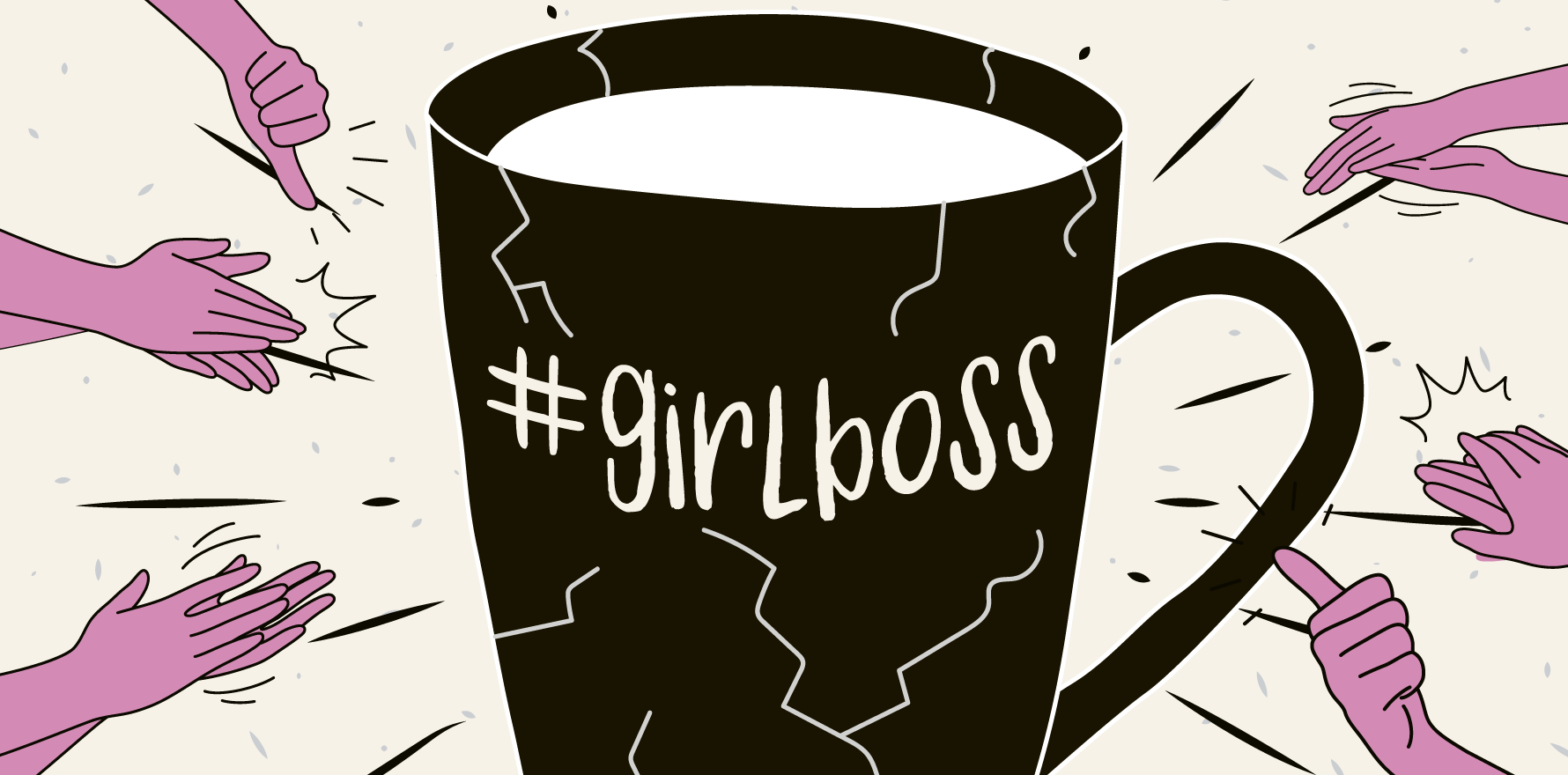International Women’s Day is a time not only to celebrate the progress of the privileged but to address inequality everywhere it exists.
Yesterday was International Women’s Day.
I don’t normally care much for popular events or anything that gets exploited and used for its marketing and commercial purposes. But I absolutely love International Women’s Day and everything it represents, especially this year.
The IWD 2024 theme is Count her in: Invest in Women. Accelerate progress. Good theme, I think. Addresses the true heart of women’s equity efforts and campaigning for a global and intersectional approach to promoting women and women’s rights.
Instagram and Western-centric approaches to feminism frustrate me no end. #girlboss and #yassqueen may be joyful to many and bring levity, but I’m not sure how these marketing measures help most women in this world who face barriers of lack of clean water and sanitation, child marriage, financial insecurity and limitations in literacy and education. The enormous socio-political barriers that impede the progress of most girls and women globally really can’t be improved with a gentle #girlboss mug.
Related
Universal efforts to invest in women and accelerate progress will benefit all of us. The aim of efforts like IWD is to commit to improving gender equality, celebrate women’s achievements and promote inclusion. That means including everyone everywhere; not leaving behind the most vulnerable and marginalised women. We cannot unfairly keep promoting the already promoted and congratulate ourselves on a job well done. #yassqueen. The problem is, tackling the harder inequities is more unpalatable and difficult. What can I, as a private practice GP with all the privilege and safety in the world, do to meaningfully improve the lives of women and girls in a small village 5000km away with no electricity and no toilets? I don’t know. Possibly nothing.
But a) that cannot be the standard of effort we accept. Universal women’s rights can’t be put into the too-hard basket. And b) perhaps a less intimidating start to action is improving the lives of the women we see and interact with in our daily life who, given the right opportunity, will absolutely make the changes this world needs. Do they face inequities and challenges that we do not and therefore how can we champion them? We can advocate for systems changes that will have large scale implications. We can run for leadership positions ourselves to intentionally represent and advocate for the community of women who may not otherwise access loud representative voices. Better yet, we can look for the women in the room who are not being reflected by current leadership in healthcare organisations or boards or specialist colleges and help them get there, because ideally they’ll in turn bring up a whole big group of women too.
My best friend is a Hijabi surg reg. When I pointed out to one of her bosses how incredible and rare that is here, he countered with: “Well, it’s getting more common now.” “Name one other Hijabi surgeon you personally know,” I shot back, only to be met with embarrassment because he couldn’t name a single other. So many young doctors flock to the mentorship of my friend because if you see her, you can be her. It means something. But the cost of her singular achievement is that she is not surrounded by innumerable Hijabi surgeons who can mentor and support her through a similar lived experience.
If we did a better job at celebrating achievement and advocating for everyone everywhere, we would not still, in 2024, be counting women like my friend on one hand.
IWD is for women, not each woman individually. We are working as a collective to accelerate progress of communitiesof women. In profoundly disadvantaged groups that may mean the abolition of child marriage or expectations of a 100% literacy rate for all girl children. In our privileged lives as doctors, it might mean fully women-owned practices becoming common, or the potential for an entire hospital board to be comprised of women, or so many Hijabi surgeons in the country that I don’t have to challenge people to name oneother. The aim is to raise the baseline for women’s success and progress.
Remember when Ruth Bader Ginsberg was asked ‘When will there be enough women on the supreme court?’ Her famous answer was “When there are nine”. There are only nine judges on the US Supreme Court. She wasn’t radically advocating for the removal of all men from leadership positions; she was trying to highlight that progress hasn’t been achieved until an all-women Supreme Court was as normalised as an all-men one. And that can’t be achieved by focusing on improving the lives of nine girls to grow them into these nine judges (and then celebrating #wewonfeminism); you need to grow and invest in every single girl child and every single woman if you want to see her potential – most especially the ones you aren’t seeing and aren’t hearing and forgot about. Are we doing that?
Dr Pallavi Prathivadi is a Melbourne GP, adjunct senior lecturer at Monash University, 2024 RACGP Mentor, and newly appointed member of the Eastern Melbourne PHN Clinical Council. She holds a PhD in safe opioid prescribing and was a Fulbright Scholar at the Stanford University School of Medicine, and previous RACGP National Registrar of the Year.





